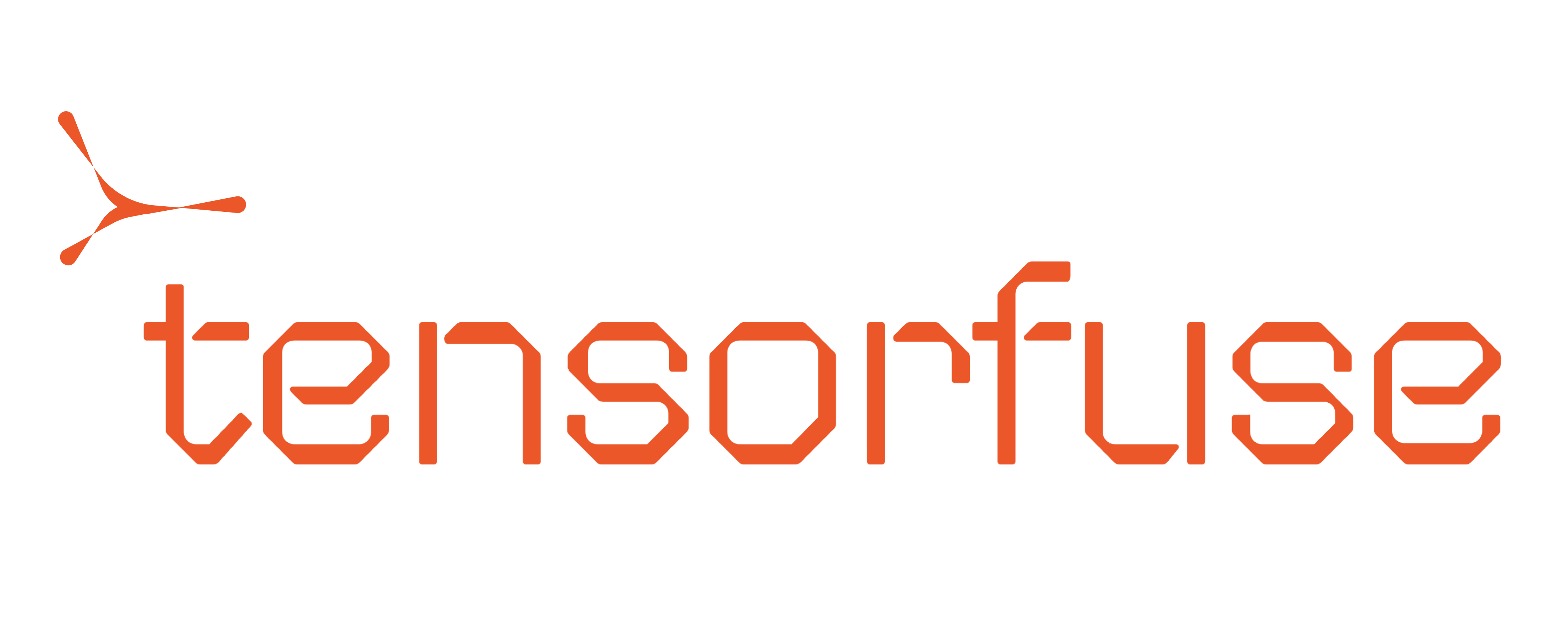tensorkube deploy or submit your jobs using
tensorkube job queue, Tensorfuse automatically collects logs from your application and stores them in a
centralised location configured while setting up Tensorfuse.
By default, Tensorfuse stores logs in AWS Cloudwatch so that they are easily accessible and can be queried using the AWS CLI or the AWS Console. This guide will
walk you through the process of querying your logs and will also equip you with a library of queries that can be run quickly to debug common issues.
Pre-requisites
All your logs are accessible on the Cloudwatch console. Make sure that you have the following settings configured:- Under
Select log groups by:Log group name - Under
Selection Criteria:/aws/containerinsights/tensorkube/application
Querying application logs
To focus on your application’s logs, you can use CloudWatch Logs Insights with efficient queries targeting your application’s log streams. To view the logs, copy one of the queries from below and run it on the Cloudwatch console. Below are some useful queries:Filter logs by application name
- Replace
YOUR-APPLICATION-NAMEwith the name of your deployed application. You can get the application name usingtensorkube deployment list. - Replace
YOUR_ENVIRONMENT_NAMEwith the name of your Tensorfuse environment where the application is deployed. Tensorfuse usesdefaultenvironment if no environment is mentioned - The query retrieves logs for a specific application, sorted by timestamp.

